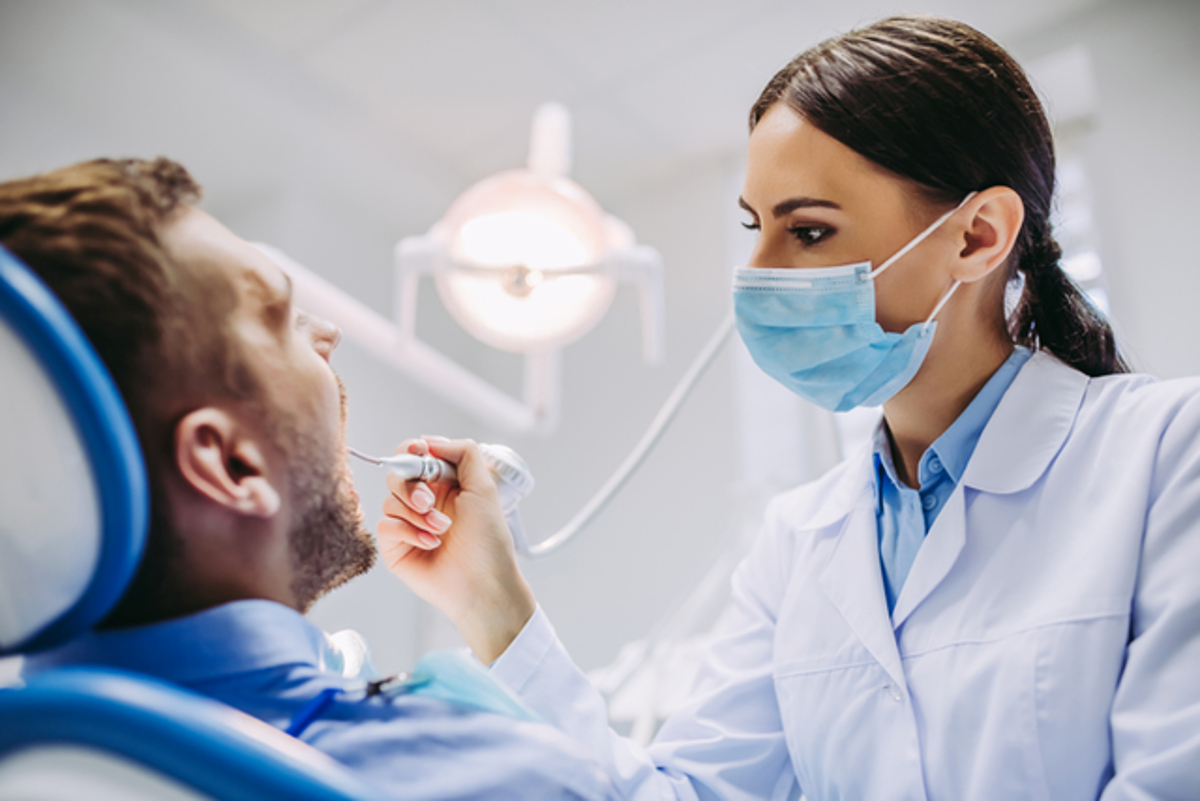The process of removing a tooth from its socket is known as tooth extraction. Many factors, including decay, injury, illness, or crowding, may make this necessary.
A consultation with your dentist or oral surgeon to go over your medical history and any medications you may be taking usually precedes the tooth extraction procedure. To lessen pain and suffering, a local anesthetic will be used to numb the area around the tooth during the treatment. More sedation may be used to help you unwind if the tooth is impacted or very challenging to remove.
In this guide, we go over all you need to know about tooth extractions in this post, including the reasons for doing them, what to expect during the surgery, and how to take care of your mouth afterwards.
Dental extraction causes:
Although most people strive to keep their natural teeth, tooth extractions may occasionally be required to either treat or prevent dental disorders. A dentist may advise tooth extraction for a number of reasons:
- Damage or decay: A highly decayed or damaged tooth that cannot be repaired with other dental procedures like fillings, root canals, or crowns may require extraction.
- Crowded mouth: Your dentist may advise removing one or more teeth to make room for the others if your mouth is too small for all of your teeth to fit properly.
- Impacted teeth: When teeth get stuck below the gum line, it can hurt, swell, and become infected. In these situations, an extraction might be required.
- Gum disease: Severe gum disease can make teeth loose and may necessitate extraction to stop additional problems.
- Orthodontic treatment: To make room for orthodontic treatment, such as braces, it may occasionally be necessary to pull teeth.
Importance of Aftercare Following the Procedure
Following a root canal, proper aftercare measures are crucial in order to make sure that your mouth fully recovers. Performing such actions can do one of three things:
- Encourages healing: Your tooth and the tissues around it need time to heal after a root canal. With the right aftercare, the healing process can be sped up and pain and suffering can be decreased.
- Prevents reinfection: A tooth that has undergone a root canal may become reinfected if it is not properly cared for. This can necessitate extra treatment if the tooth fails.
- Protects your oral health: Maintaining good oral health requires aftercare. The right aftercare can keep your mouth healthy and stop the spread of infection.
Tips For After the Extraction
Tip 1
Take any prescribed medications: To help manage pain and avoid infection, your dentist may prescribe antibiotics or medicines. Use these drugs exactly as prescribed.
Tip 2
Avoid eating hard or crunchy foods: Choose soft meals instead of crunchy or hard ones because your tooth may be more sensitive and vulnerable to injury after a root canal. For a few days following the surgery, refrain from consuming anything crunchy or firm.
Tip 3
Practice good oral hygiene: Maintain a healthy mouth by brushing and flossing frequently, but be cautious around the treated tooth. Brush your teeth with a soft-bristled toothbrush, and don’t floss too firmly.
Tip 4
Although most people strive to keep their natural teeth, tooth extractions may occasionally be required to either treat or prevent dental disorders. Attend follow-up appointments: Your dentist will make them in order to monitor the healing process and make sure the tooth is recovering properly. Please show up for these appointments on time.
Periodontist Near You Offering Tooth Extractions in Los Angeles
Choose a qualified and experienced periodontist in Los Angeles who can give you the attention and knowledge you require if you have severe gum disease or other dental problems that call for tooth extraction.
At Nima Ebrahimi DDS, we’ll assess your oral health, decide whether a tooth extraction is required, and provide you with the post-operative instructions you require to achieve a positive outcome. You may preserve your beautiful smile and good oral health with the aid of a skilled periodontist.
